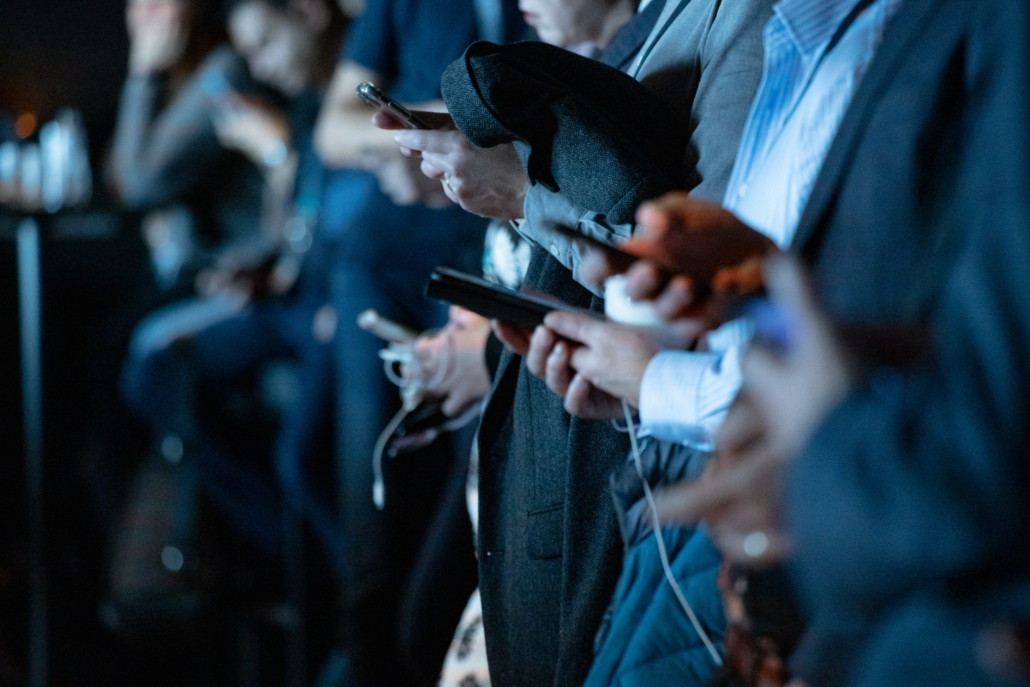Individuals and Groups
Content tailored to purpose-driven individuals and groups building collective understanding and impactful sensemaking
Harnessing collective minds for better career choices
This article examines career transition challenges through the lens of Danish philosopher Søren Kierkegaard's concepts of being "lost in the finite" (trapped by familiar roles and external expectations) versus "lost in the infinite" (overwhelmed by too many possibilities). The piece describes how people often define themselves by their resumes and past experiences, creating self-limiting career paths, while simultaneously experiencing anxiety when contemplating change due to the "dizziness of freedom" that comes with multiple options. Drawing on psychologist Rollo May's work, the article suggests that anxiety can serve as a catalyst for personal growth and creative innovation when properly harnessed. The piece identifies problems with traditional career advice sources like social media and Google searches, which provide fragmented and biased information, and frames career decision-making as requiring collective intelligence and multidimensional understanding of experiences from diverse individuals who have navigated similar transitions.
Good thinking counts on Hunome
This article critiques traditional social media platforms for promoting fragmentation, polarization, and individualistic "one-to-many" communication structures that the author argues diminish meaningful collective action. The piece contrasts fleeting social media messages with building lasting understanding, describing personal frustrations with Twitter's ephemeral nature and difficulty facilitating coherent group discussions. The author advocates for moving beyond the follower-based model toward what they term "atomic communities" that form around shared interests and thinking rather than personal branding. The article criticizes social media's advertising-based revenue model as creating inherent bias, comparing it to Google founders' 1998 warning about advertising-funded search engines. It contrasts traditional search results with what the author calls "boutique search for understanding" that provides insights and thought connections rather than isolated information fragments, arguing that current platforms waste users' efforts on temporary content rather than building lasting knowledge.
Diverse perspectives build multidimensional understanding
This article presents Hunome's approach to building multidimensional understanding of human-related themes through collective perspectives. The piece argues that everyone is qualified to contribute to understanding humanity since all people have lived human experiences, whether simple daily activities or complex expertise in fields like anthropology or social psychology. Using recreational space use as an example, it describes how different stakeholders (designers, town planners, community fitness group members) can contribute varied perspectives that collectively build comprehensive understanding of topics. The article outlines three levels of understanding: individual (connecting personal thoughts with broader perspectives), shared (developing collective insights about human experiences), and impact-oriented (using multidimensional understanding to make more human-aware decisions in personal choices and product/service design). The piece positions this collective sensemaking approach as a way to improve perceptions and decision-making by making comprehensive human understanding accessible to everyone.
Information disparity: Is the world growing further apart?
This article examines how polarization and information disparity have created a "black or white world" lacking nuance in public discourse, using examples like the US presidential race and Black Lives Matter movement. The piece attributes this polarization partly to social media advertising models that create echo chambers by showing users content similar to what they've previously engaged with, designed to benefit advertisers rather than promote diverse thinking. The author argues that this segmentation hinders problem-solving for complex "wicked problems" like educational access inequality, which require systems thinking and multiple perspectives to address effectively. The article also identifies information silos as a barrier, noting that comprehensive understanding requires time and resources to gather fragmented information from various sources, creating disparities between those who can access broad perspectives and those who cannot. The piece advocates for embracing diverse viewpoints and bringing people together around complex issues rather than treating differences as divisive badges.
The negative impact of social media on society
This article critiques major social media platforms following high-profile incidents like the Trump bans and WhatsApp privacy policy changes, arguing that these events revealed public unease about platforms' societal influence. The piece attributes social problems to the advertising-driven business model that creates detailed user profiles for targeted marketing, which the author claims has produced "deep polarization" as an unintended consequence. The article describes how algorithms serve advertisers rather than users, contributing to a "you're either with us or against us" mentality that the author argues has eroded discourse, empathy, and understanding. The piece suggests that society has reached a "crunch moment" requiring platforms that prioritize collective understanding over individual pontification, claiming this shift would actually benefit businesses seeking to understand customers as human beings rather than just demographic data points. It frames this as an opportunity to redirect society away from division toward comprehensive understanding.





